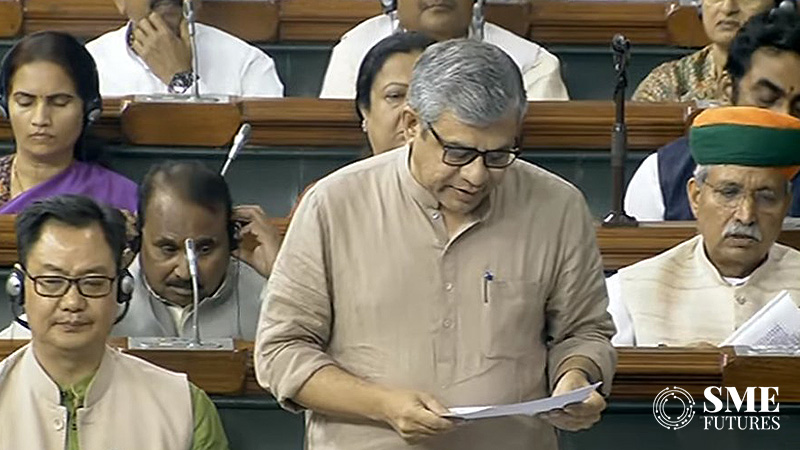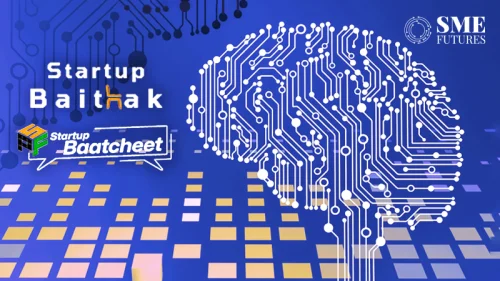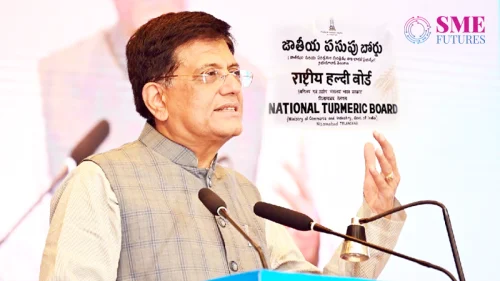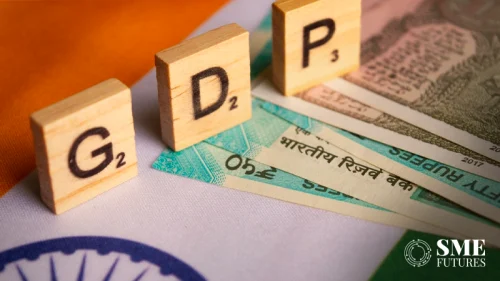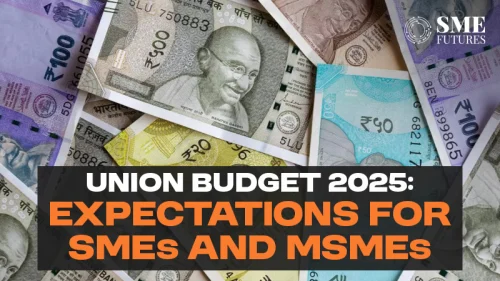Union Communications, Electronics and Information Technology Minister Ashwini Vaishnaw introduced Digital Personal Data Protection Bill, 2023, in the Lok Sabha on August 3, 2023.
Opposition members strongly opposed the introduction of the bill and said that the bill violates the fundamental right to privacy. They demanded that the bill should be sent to the standing committee for scrutiny. They said the government had withdrawn a bill on data protection last year and the new bill needs more scrutiny.
Vaishnaw said that it is not a money bill and all issues raised by the opposition will be answered during the debate. The bill provides for the processing of digital personal data in a manner “that recognises both the right of individuals to protect their personal data and the need to process such personal data for lawful purposes”.
Reacting to the Bill introduction, Minister of State for Electronics and Information Technology Rajeev Chandrasekhar said that this Bill is a very significant milestone in Prime Minister Narendra Modi’s vision which will protect the rights of all citizens.
He further explained that “This new Bill after it is passed by Parliament, will protect the rights of ALL citizens, allow the innovation economy to expand and permit Govt’s lawful n legitimate access in national security and emergencies like pandemics and earthquakes etc.”
Meanwhile, the Sources said that the discussion on the bill will be held on August 7. “DPDPBill is a global standard, Contemporary, FutureReady yet simple and easy to understand,” he mentioned.
A Delhi-based legal not-for-profit organization, SFLC.in reacted: The Digital Data Protection Bill, 2023 has been introduced as a financial bill. The government has been given a lot of powers under the bill and there is no sufficient legislative guidance provided regarding these. Section 43 A of the IT Act which provided a remedy to aggrieved persons to get compensation has been deleted.
However, the bill does not provide for compensation to be granted for data principals whose privacy has been violated and has suffered a loss. Deemed consent that had raised red flags earlier has been reworded but principally remains the same. Data Principals have been saddled with duties and penalties prescribed for acting in violation of these. Cross border data flow has been changed from whitelisting to blacklisting regime which is a welcome change.
However, such data transfer restrictions are permitted in the case of specific laws in existence. A problematic provision is a clause added in the bill for blocking a computer resource which could be used for blocking websites and applications. Although the consultation process took a long time, the Government does not seem to have considered the inputs received from stakeholders and recommendations from the JPC.

